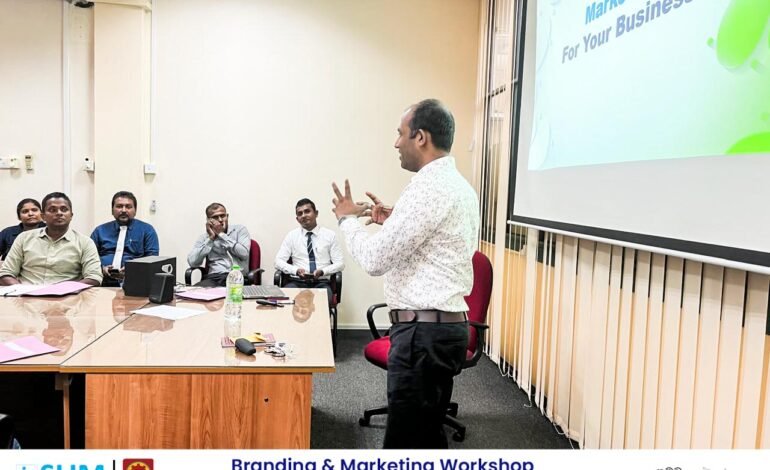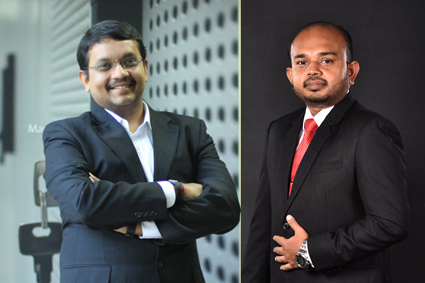
Sri Lanka’s EV imports face alleged sabotage by shadow interest
Precise decision-making by the Government is critical in the effort to recover from Sri Lanka’s economic crisis, and the decision to lift the restriction on internal combustion, electric and hybrid vehicles made effective on 1 February 2025, made by the current administration led by President Anura Kumara Dissanayake, is a positive one. With this decision, importing vehicles helps save foreign exchange that would have been spent on fuel imports, and helps steer the nation towards more environmentally friendly mobility solutions. Furthermore, the decision allowed many Sri Lankans who were forced to buy overpriced vehicles before, the opportunity to own a brand new one at a lower cost. Nevertheless, there is a rising suspicion that even before this positive step was implemented, hidden forces were attempting to weaken this step, which brings into question whether this is an act of conspiracy against the people and the future of the nation. We must not forget that this is not a new development. When the late Finance Minister Mangala Samaraweera proposed encouraging the import of electric vehicles (EVs), the attacks made by some villainous businessmen should not be forgotten. Although the nature of the challenges faced by Samaraweera is different, the current administration is facing circumstances that are no less different.
The woes of the traditional vehicle market
With the Sri Lankan market opening up for importing EVs, vehicles with the latest technology are entering the country’s market and at a reasonable price. With this, the decreasing demand for traditional internal combustion vehicles is unavoidable. This has become a difficulty for importers dealing with Japanese imports. With their place in the business being challenged, they are holding press conferences in Colombo, speaking of uncertainties in EV imports, making baseless accusations. The truth behind their statements is the fact that the lower demand for used vehicles has forced them to find ways to regain their market position. For this purpose, they are attempting to steer public opinion. Although many nations are transitioning towards more EVs, these corrupt coalitions are attempting to deprive the people of the latest advancements in technology.
What is Customs doing?
There is open discussion on the fact that some parties within the Customs Department are supporting the success of this hidden agenda, working with the Vehicle Importers’ Association to discourage the import of EVs. Recognising this, many begin to question, why are we limiting ourselves to one type of vehicle? Why are they targeting only one specific vehicle type? Why are they attempting to prevent Sri Lankan consumers from enjoying the benefits of the latest technology and more affordable prices? Does this not depict the work of corrupted coalitions? EconomyNext revealed a discovery that Customs officials planned to put holds on EVs imported to the country on the basis of conducting so-called “investigations.” Are these not the machinations of white-collar officials with underhanded motivations to prevent the importing of EVs? The Vehicle Importers’ Association of Sri Lanka themselves have stated before that there would not be any vehicle imports in 2025. This could reveal the motivations behind why there are attempts to create obstacles for importing EVs.
The impact on people and the nation
The result of this conspiracy leaves consumers helpless, with no opportunity to own some of the best EVs that could be imported. Indirectly, it would increase the prices of new electric vehicles imported to the country, once again creating a market for used vehicles. Creating an unhealthy market environment for EVs could pose a significant impact on the country’s future, which could be summarised as follows. Increased prices: people no longer being able to purchase modern vehicles. Environmental harm: disrupting the national policy on reducing greenhouse gas emissions. Economic harm: an increase in fuel imports and reduced tax income for the Government.
This makes matters clear. The President and the Ministry of Finance must take effective and swift action against this plot to protect the consumer rights and the free market of Sri Lanka. The Opposition must give priority to the interests of the people and the benefit of future generations as well. Damaging the EV sector is a harm to public interest. It is time that the Government implement a free and fair policy on vehicle imports. If there truly is a mafia-style conspiracy by some Customs officials and used vehicle dealers, it is clear that this will harm the opportunity for customers to purchase EVs that provide high value for money. Solomon has stated that without vision, a people perishes, exemplifying that the future of a nation must be decided on transparency and effective planning. The hold-up of electric vehicles at Customs is not an isolated issue, but a problem concerning the people’s interests and policymaking stability. As a nation, we must bring an end to such machinations, consider the fair interests of all parties, and create a fair market that reflects true market value. If we do not, we must question whether we are truly working towards creating a future that is free of corruption. This public statement by consumers is made for this purpose. For that, those in responsibility, public officials, when spring comes for conspiracy, it brings winter to the people.
By Daya Sri Vidyarathna





